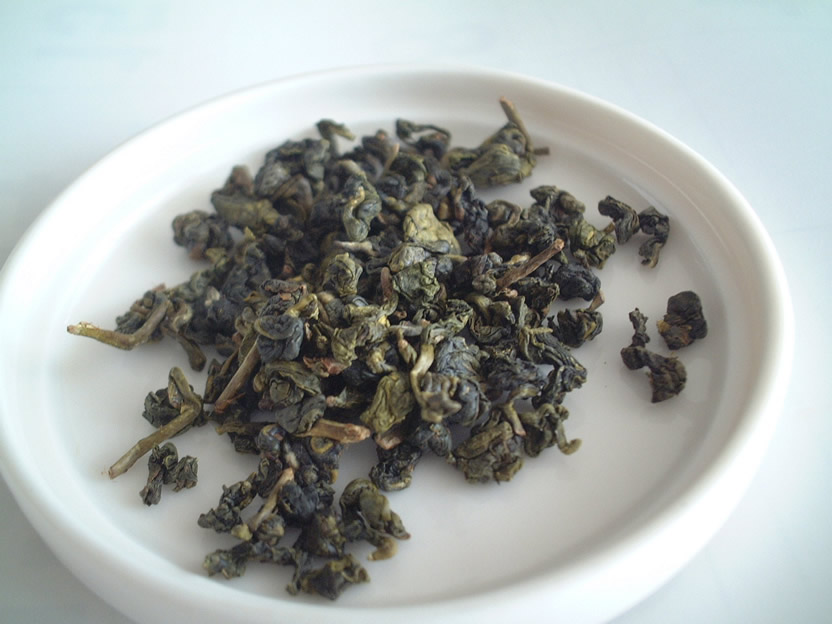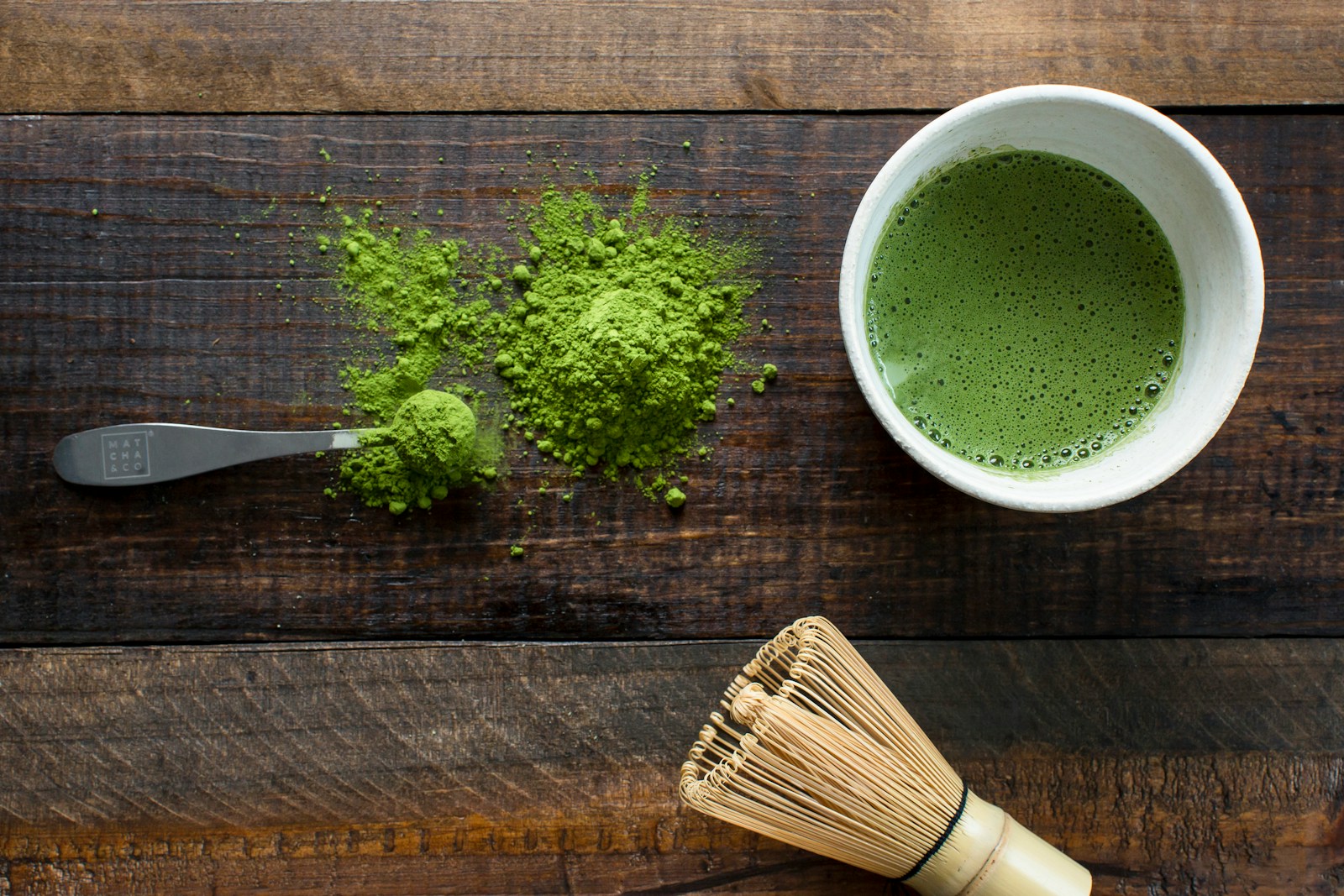Welcome to our comprehensive guide on the health benefits of different teas. From the soothing sips of herbal tea to the invigorating aroma of chai tea, we will explore the wellness secrets hidden in each cup. Join us on this flavorful journey as we uncover the potential advantages that different types of tea can offer for your health and well-being.
Key Takeaways:
- Discover the diverse health benefits of different teas
- Understand how tea can contribute to overall well-being
- Explore the potential of tea in preventing cancer and promoting heart health
- Beware of the risks associated with excessive tea consumption and the importance of moderation
- Learn about the specific advantages of black tea, green tea, herbal tea, and more
Establishing a Tea Journey for Health and Well-being
Tea has long been cherished for its delightful flavors and comforting warmth. But beyond its enjoyable taste, tea holds a vast array of health benefits that can enhance our overall well-being. By establishing a tea journey, we can tap into the potential advantages that tea offers for our physical and mental health.
When embarking on a tea journey, it’s essential to explore the various types of tea available and their specific health benefits. From the robust flavor of black tea to the gentle floral notes of white tea, each brew brings its unique advantages. Green tea, renowned for its antioxidant properties, can boost our metabolism and promote weight management. Herbal teas, such as chamomile and peppermint, offer relaxation and aid in digestive comfort.
As we sip on our tea, we also cultivate a mindful ritual that can contribute to our overall well-being. Taking a moment to prepare and savor a cup of tea allows us to slow down, reconnect with ourselves, and find solace in the present moment. Whether enjoyed alone or shared with loved ones, the act of brewing and drinking tea becomes a soothing practice that nourishes our body and soul.
| Types of Tea | Health Benefits |
|---|---|
| Black Tea | Supports heart health, improves focus, aids in blood sugar control |
| Green Tea | Promotes weight management, enhances heart health, helps prevent diabetes and cancer |
| Herbal Tea | Offers aromatic remedies, provides digestive comfort, supports immune system |
So, as we embark on our tea journey, let us embrace the health benefits that tea brings to our lives—nurturing our mind, body, and spirit. Take a moment to savor the rich flavors, inhale the aromatic scents, and welcome the soothing effects of tea into your daily routine. Explore the vast world of teas and discover the wellness wonders they hold.

The Importance of Establishing a Tea Journey
Establishing a tea journey is not just about consuming tea; it’s about creating a holistic approach to health and well-being. By immersing ourselves in the world of tea, we can experience its numerous therapeutic benefits for our physical, mental, and emotional wellness.
“Tea is a reminder to breathe, to take a moment for ourselves, and to find balance in our busy lives.” – Unknown
So, let us honor the ancient traditions of tea and embark on a journey that nourishes our mind, body, and soul. Whether it’s a steaming cup of green tea in the morning to invigorate our senses or a soothing herbal infusion before bed to calm our mind, may tea be our companion in our pursuit of health and well-being.
Tea’s Amazing Health Benefits: Nature’s Cure
Tea is more than just a beverage; it is a natural elixir that offers a wide range of health benefits. From its cancer-fighting capabilities to its positive impact on digestive and heart health, tea has been celebrated for its potential to promote overall well-being.
When it comes to cancer prevention, tea has shown promising results. The antioxidants present in tea, such as catechins and polyphenols, can help protect the body against cancer cells by neutralizing harmful free radicals. Research suggests that regular tea consumption may lower the risk of various cancers, including breast, ovarian, lung, colorectal, and prostate cancers.
Furthermore, tea can have a positive impact on digestive health. Compounds found in tea, like tannins, can help soothe and improve digestion, reducing the risk of gastrointestinal disorders. Tea also has anti-inflammatory properties that can help alleviate digestive discomfort and promote a healthy gut.
In addition to cancer prevention and digestive health, tea has been linked to improved heart health. Studies have shown that regular tea consumption can help lower the risk of cardiovascular diseases, such as stroke and heart attack. The beneficial effects are attributed to the presence of flavonoids in tea, which can help reduce cholesterol levels, improve blood vessel function, and regulate blood pressure.
To sum up, tea is a natural remedy with amazing health benefits. Its cancer-fighting capabilities, positive effects on digestive health, heart health, and blood sugar control make it a valuable addition to a balanced diet. Incorporating different types of tea into your daily routine can be a simple yet effective way to support your overall well-being.
Finding the Right Balance for Potential Tea Consumption Risks
As we explore the amazing health benefits of different teas, it is important to note that moderation is key to reaping these benefits without experiencing any potential risks. While tea consumption is generally considered safe, excessive intake can lead to adverse effects, primarily due to its caffeine content. Therefore, it is crucial to strike a balance in your tea consumption habits to ensure optimal well-being.
Caffeine is a naturally occurring compound found in varying amounts in different types of tea. While it can provide a gentle energy boost and improve focus, excessive caffeine intake can lead to side effects such as insomnia, nervousness, and irritability. It is important to be aware of your individual caffeine tolerance and adjust your tea consumption accordingly.
To maintain a healthy balance, consider the following tips:
- Limit your daily caffeine intake from tea to moderate levels, typically not exceeding 300-400 milligrams (mg) for most adults.
- Avoid consuming tea close to bedtime to prevent sleep disturbances.
- Explore caffeine-free or low-caffeine alternatives such as herbal or decaffeinated teas.
- Stay hydrated by also consuming plain water throughout the day.
- Listen to your body and adjust your tea intake based on how it makes you feel.
By practicing moderation and being mindful of your tea consumption, you can enjoy the numerous health benefits without any potential risks. Remember, the key is to find the right balance that works for you and supports your overall well-being.

Expert Quote:
“Tea is a wonderful beverage with a wide range of health benefits, but like any good thing, moderation is key. Pay attention to your body’s response to tea and adjust your intake accordingly to avoid any potential risks.” – Dr. Jane Smith, Nutrition Specialist
Understanding Caffeine Content:
Here is a general guideline for the caffeine content in some popular types of tea:
| Tea Type | Caffeine Content (approx. per 8 oz serving) |
|---|---|
| Black Tea | 40-70 mg |
| Green Tea | 20-45 mg |
| White Tea | 15-30 mg |
| Oolong Tea | 30-50 mg |
| Herbal Tea | Caffeine-free (varies) |
It’s important to note that these are approximate values, as caffeine content can vary depending on factors such as brewing time, tea quality, and personal brewing methods. If you are particularly sensitive to caffeine or have any health concerns, it is recommended to consult with a healthcare professional for personalized advice.
Black Tea’s Amazing Health Benefits: Taking Care of Your Heart and Mind
Black tea is not only a delicious and refreshing beverage, but it also offers a range of amazing health benefits. Let’s dive into how black tea can take care of your heart and mind.
Heart Health:
One of the key benefits of black tea is its positive impact on heart health. Research suggests that consuming black tea regularly can help reduce the risk of heart disease. The antioxidants found in black tea, such as flavonoids and catechins, have been shown to improve cardiovascular health by promoting healthy blood vessels and reducing inflammation.
Additionally, black tea may help in preventing the formation of blood clots, which can lead to heart attacks or strokes. Its ability to enhance blood flow and reduce cholesterol levels further supports a healthy heart.
Focus Improvement:
Another advantage of black tea is its potential to improve focus and mental alertness. The moderate amount of caffeine in black tea can enhance cognitive function and boost attention span. This can be particularly helpful when you need to stay focused and productive throughout the day. So, instead of reaching for another cup of coffee, consider enjoying a cup of black tea to help sharpen your mind.
Blood Sugar Control:
For individuals looking to manage their blood sugar levels, black tea may be a beneficial addition to their diet. Research suggests that black tea can help regulate blood sugar levels and improve insulin sensitivity, potentially reducing the risk of developing type 2 diabetes. The presence of polyphenols in black tea is believed to play a role in these positive effects.
Remember, while black tea offers these fantastic health benefits, it’s essential to enjoy it in moderation as part of a balanced diet and healthy lifestyle. Cheers to incorporating black tea into your daily routine and reaping its incredible advantages for your heart and mind!

Green Tea – A Potential Superfood: Investigating Nature’s Power
Green tea has gained a reputation as a potential superfood, and for good reason. With its numerous health benefits, this beverage has become a favorite among health enthusiasts. From weight management to heart health, diabetes prevention to cancer prevention, green tea offers a wide array of potential advantages for your overall well-being.
When it comes to weight management, green tea has been found to boost metabolism and aid in fat burning. The catechins and caffeine found in green tea help increase energy expenditure and fat oxidation, making it a popular choice for those looking to shed a few pounds.
But green tea’s benefits go beyond weight management. Its high antioxidant content, particularly in the form of epigallocatechin gallate (EGCG), has been linked to improved heart health. EGCG helps reduce cholesterol levels and decrease the risk of developing cardiovascular diseases.
In addition, research suggests that green tea consumption may play a role in diabetes prevention. The polyphenols found in green tea help regulate blood sugar levels, improve insulin sensitivity, and reduce the risk of developing type 2 diabetes.
Lastly, green tea’s potent antioxidants have shown promising effects in cancer prevention. The polyphenols in green tea help protect cells from DNA damage caused by free radicals, potentially reducing the risk of certain types of cancer.
| Health Benefit | Green Tea Advantage |
|---|---|
| Weight Management | Boosts metabolism and aids in fat burning |
| Heart Health | Reduces cholesterol levels and decreases cardiovascular disease risk |
| Diabetes Prevention | Regulates blood sugar levels and improves insulin sensitivity |
| Cancer Prevention | Protects cells from DNA damage and reduces cancer risk |
With its potential to support weight management, improve heart health, prevent diabetes, and reduce the risk of cancer, green tea truly deserves its superfood status. Incorporating this refreshing beverage into your daily routine can be a simple and effective way to boost your overall health and well-being.
Quote:
“Green tea is not just a beverage; it’s a powerhouse of potential health benefits. From fighting off excess pounds to protecting your heart and reducing the risk of diseases, this humble drink has a lot to offer. So raise a cup of green tea and toast to your health!”
Aromatic Remedies and Beyond: A World of Wellness with Herbal Tea
When it comes to promoting overall well-being, herbal tea offers a world of wellness beyond its aromatic properties. While scientific research in this area may be limited, the potential benefits of various herbs used in herbal tea are undeniable. Let’s take a closer look at some popular herbal teas and the potential advantages they offer.
Herbal Tea Benefits:
1. Chamomile: Known for its relaxing properties, chamomile tea has been used for centuries to promote calmness and reduce anxiety. It may also aid in sleep and digestion, making it an excellent choice for winding down after a long day.
2. Hibiscus: With its vibrant red color and tangy taste, hibiscus tea not only pleases the senses but also offers potential health benefits. It has been shown to help lower blood pressure and cholesterol levels, making it a great choice for promoting heart health.
3. Peppermint: Refreshing and soothing, peppermint tea is renowned for its ability to ease digestive discomfort. It may help relieve symptoms such as bloating, indigestion, and nausea, making it a go-to remedy for digestive issues.
While these are just a few examples, there are numerous other herbs used in herbal tea blends that offer their unique benefits. Whether you’re looking for immune support, relaxation, or digestive comfort, herbal tea provides a natural and flavorful way to enhance your overall well-being.
Disclaimer: It’s important to note that while herbal teas are generally considered safe, it’s always best to consult with a healthcare professional before incorporating them into your routine, especially if you have any underlying health conditions or are taking medications.
Conclusion
In conclusion, the health benefits of different teas are truly remarkable. Whether you prefer the boldness of black tea, the earthiness of green tea, or the soothing properties of herbal tea, each brew offers a unique set of advantages for your overall well-being.
However, it’s important to remember the importance of moderation when incorporating tea into your daily routine. While tea can be a powerful ally in promoting good health, excessive consumption, especially of highly caffeinated varieties, can lead to potential risks.
By finding the right balance and exploring a variety of teas, you can enjoy their numerous health benefits without compromising your well-being. So, why not raise a cup of your favorite tea and toast to a healthier and happier you? Cheers!
FAQ
What are the health benefits of different teas?
Different teas offer a variety of health benefits. Black tea supports heart health, improves focus, and aids in blood sugar control. Green tea is known for weight management, heart health improvement, diabetes prevention, and cancer prevention. Herbal teas like chamomile, hibiscus, and peppermint offer relaxation, blood pressure reduction, and digestion support, respectively.
How can tea improve overall well-being?
Tea has a range of potential benefits for overall well-being. It can help fight cancer, improve digestive health, promote heart health, regulate blood sugar levels, aid in weight management, and provide relaxation and comfort.
Are there any risks associated with excessive tea consumption?
Yes, excessive tea consumption, especially those high in caffeine content, can pose risks. It’s important to practice moderation and find the right balance based on individual caffeine tolerance.
What are the specific health benefits of black tea?
Black tea supports heart health, reduces the risk of strokes, improves focus, and aids in blood sugar control.
What makes green tea a potential superfood?
Green tea has been recognized for its potential in weight management, heart health improvement, diabetes prevention, and cancer prevention.
What health benefits can be derived from herbal tea?
Herbal teas offer a world of wellness beyond their aromatic properties. Chamomile promotes relaxation, hibiscus helps reduce blood pressure, and peppermint aids in digestive comfort.
Source Links
- https://medium.com/@advancepropcs/unlocking-the-health-benefits-of-tea-a-comprehensive-guide-to-wellness-a69ef0904a09
- https://aleteia.org/2017/10/13/quick-guide-to-drinking-tea-and-unlocking-its-dozens-of-health-benefits/
- https://rahatnaveed.medium.com/unlocking-the-health-benefits-of-black-tea-a-comprehensive-guide-b4086b0b5f7f





